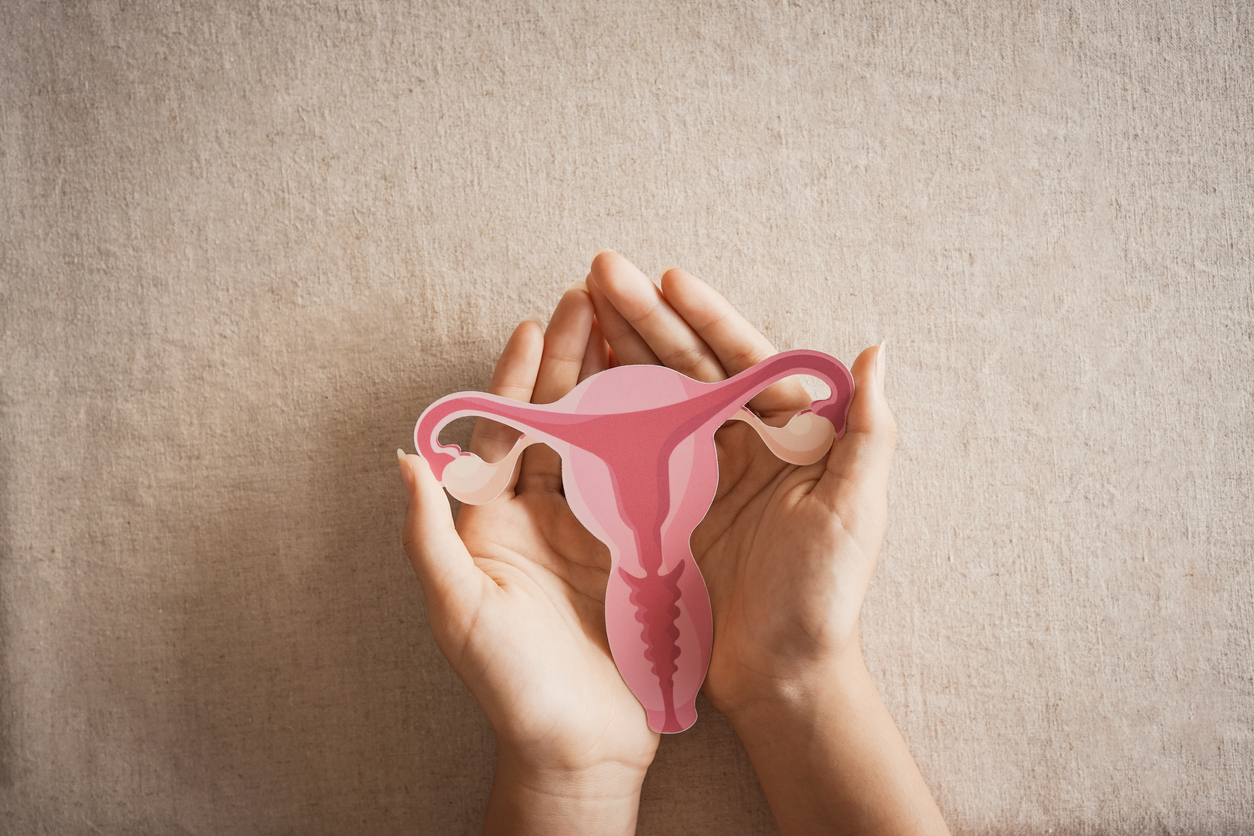Vaginal health plays a vital role in a woman’s overall well-being and comfort. The vagina is a delicate ecosystem that depends on a balance of good bacteria, mainly Lactobacillus, to maintain its natural pH (around 3.8 to 4.5). This slightly acidic environment helps protect against infections by limiting the growth of harmful bacteria and yeast.
When this balance is disrupted, it can lead to common issues such as infections, irritation, or discomfort.
Common Vaginal Health Issues
Bacterial Vaginosis (BV)
Bacterial vaginosis occurs when harmful bacteria outnumber the beneficial bacteria in the vagina, disrupting its microbiome. Symptoms may include abnormal discharge (thin, gray, or white), a strong fishy odor, itching, and burning during urination. While BV isn’t a sexually transmitted infection (STI), it’s more common in sexually active women.
Yeast Infections (Candidiasis)
Caused by an overgrowth of Candida, a naturally occurring fungus, antibiotic use, hormonal changes, a high-sugar diet, or tight, non-breathable clothing can trigger yeast infections. Symptoms include itching, burning, swelling, and thick, white discharge resembling cottage cheese.
Urinary Tract Infections (UTIs)
UTIs affect the bladder, urethra, or other parts of the urinary system. They are often caused by Escherichia coli (E. coli) bacteria moving from the anus to the urethra. Women’s shorter urethra increases susceptibility. Symptoms include burning during urination, frequent urges to urinate, and cloudy or strong-smelling urine.
Vaginal Dryness
Common during and after menopause due to declining estrogen levels, vaginal dryness can also result from medications, stress, or breastfeeding. It often leads to discomfort during intercourse, itching, or irritation.
Sexually Transmitted Infections (STIs)
Infections like chlamydia, gonorrhea, and herpes can impact vaginal health. These may be symptom-free in early stages, but can cause long-term health problems if left untreated.
Natural Ways to Support Vaginal Health
While medical treatment is often necessary for certain conditions, there are natural ways to prevent or manage many common vaginal health issues. Here are some natural approaches that can help maintain a healthy vaginal environment:
Probiotics and Prebiotics: Probiotics (especially Lactobacillus strains) help maintain healthy bacteria levels. Sources include yogurt, kefir, sauerkraut, and kimchi, or supplements. Prebiotics feed beneficial bacteria and are found in garlic, onions, bananas, and asparagus.
Stay Hydrated: Adequate water intake supports vaginal lubrication and helps flush bacteria from the urinary tract, lowering UTI risk.
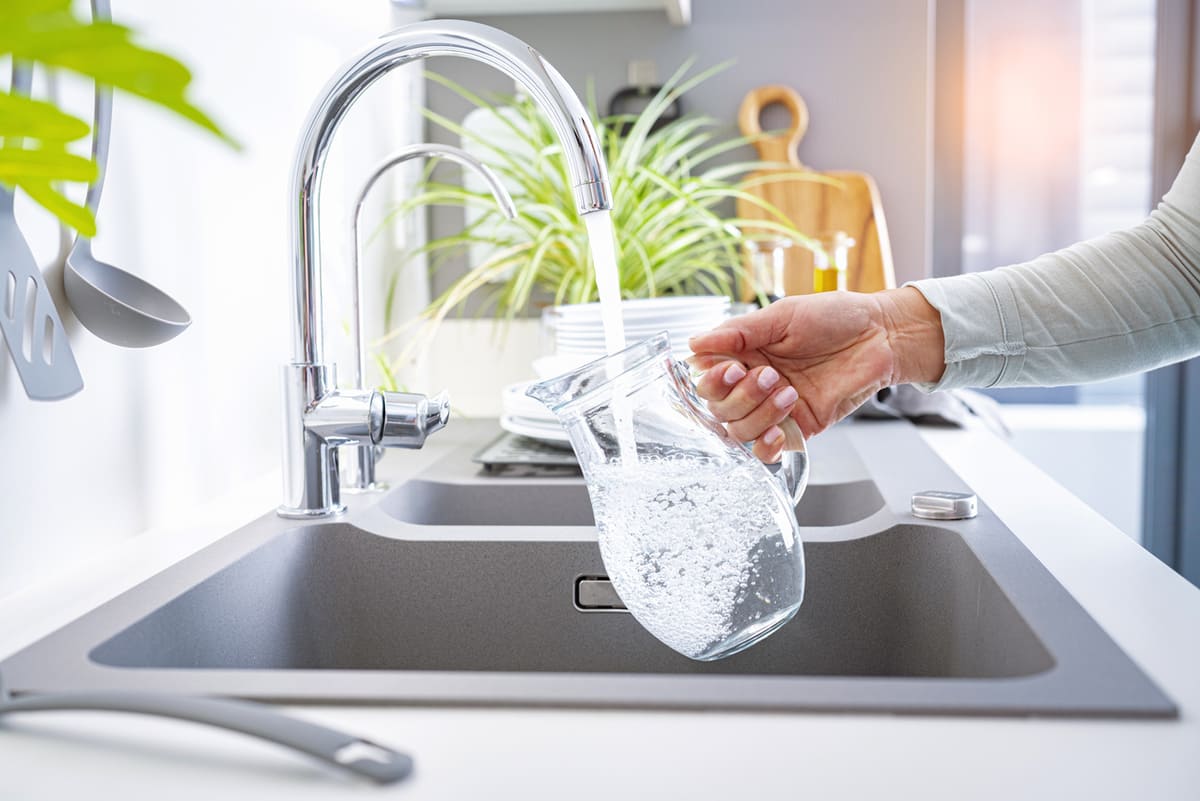
Gentle Hygiene Practices: Avoid douching, harsh soaps, and scented products. Use mild, fragrance-free cleansers only on the external genital area (the vulva).
Wear Breathable Clothing: Loose, cotton underwear allows airflow and reduces moisture buildup, key to preventing yeast infections.
Balanced Nutrition: Eat plenty of fruits, vegetables, whole grains, lean proteins, and omega-3s. Reduce sugar intake to help prevent yeast overgrowth.

Safe Sexual Practices: Use condoms to protect against STIs and communicate openly with partners.
Cranberry & D-Mannose: Pure cranberry juice and D-Mannose supplements may help prevent UTIs by preventing bacteria from adhering to urinary tract walls.
Herbal Support: Diluted tea tree oil may help with BV or yeast infections. Calendula and chamomile can soothe irritation (consult your healthcare provider first). Stress Management: Manage stress with yoga, meditation, deep breathing, and regular exercise.
Quick Tips for Vaginal Health
| Do: – Drink plenty of water daily – Wear breathable cotton underwear – Eat probiotic-rich foods – Use mild, fragrance-free cleansers – Practice safe sex Avoid: – Douching or using scented products internally – Wearing tight, synthetic clothing for long periods – Excessive sugar in your diet Remember: Your vagina is self-cleaning—support it, don’t over-clean it. |
When to See a Healthcare Provider

Seek professional advice if you notice:
– Persistent or unusual discharge
– Strong odor
– Itching, pain, or swelling
– Recurrent infections
Many vaginal health concerns require medical treatment to avoid complications. Regular gynecological checkups and open communication with your healthcare provider are essential for early detection and effective care.
References:
Peer-reviewed journals (American Journal of Obstetrics & Gynecology, The Lancet)
Government health sites (NIH, CDC, Office on Women’s Health)
Professional associations (American College of Obstetricians and Gynecologists – ACOG)
Top Products for Vaginal Health
BB Company Radiancy Probiotics-Collagen Blend, $44.10
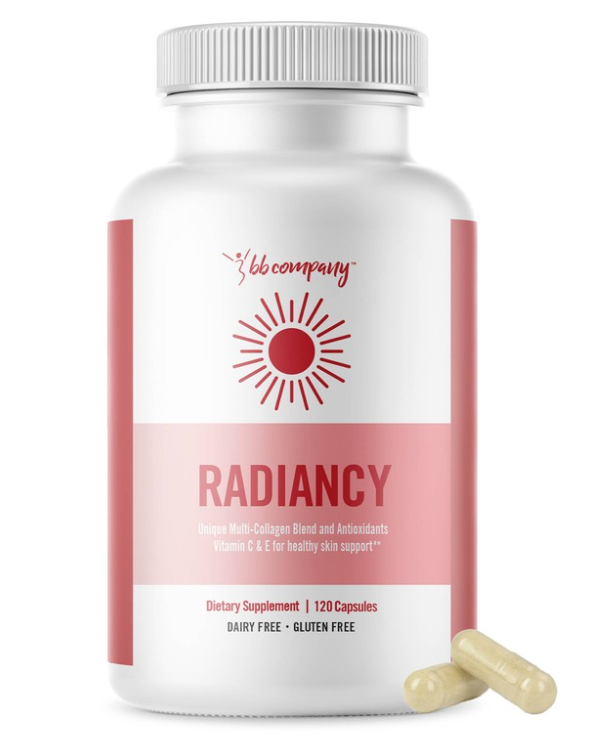
Radiancy offers a comprehensive solution for women over 50 who want to reclaim both intimate comfort and youthful radiance with one powerful supplement. With clinically studied probiotics, hyaluronic acid, 2000mg multi-collagen blend and ceramides, it naturally supports vaginal moisture and health, strengthens hair and promotes a naturally luminous look. Designed for women in their prime, this formula helps you feel at ease in your own skin and fully present in the moments that matter most.
FDA-Cleared Flyte

If remembering to do Kegels throughout the day feels like one more thing to check off your to-do list, consider non-invasive Flyte. This physician-recommended device delivers gentle mechanotherapy—therapeutic mechanical stimulation—to the pelvic floor muscles with a discreet vaginal wand. In just five minutes a day, Flyte strengthens the pelvic floor and delivers continence results comparable to those of surgery, without the need for a scalpel.
Femininity Smooth As Silk, $49.95
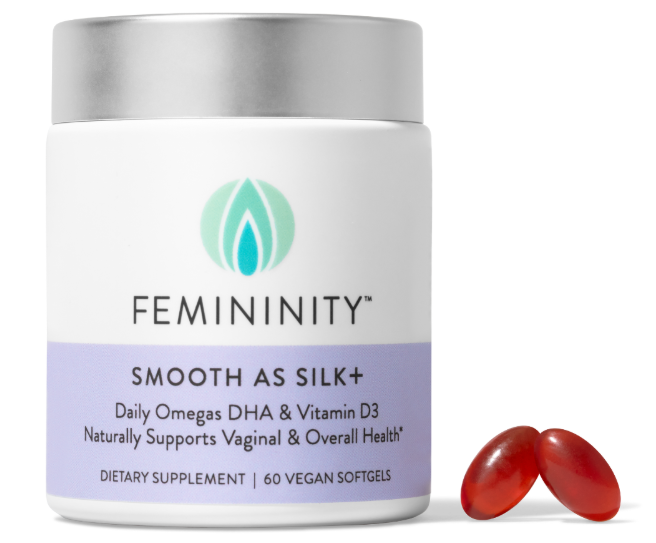
Femininity Smooth As Silk features pure, organic Himalayan sea buckthorn oils (aka sea berry), the most significant source of omega-7 on Earth. Omega-7 helps fortify the vaginal lining from the inside out, which helps offset the symptoms of vaginal dryness and vaginal atrophy from menopause and multiple other causes. Smooth As Silk is excellent for skin, hair, and nails as well!
Organic India Shatavari, $40+
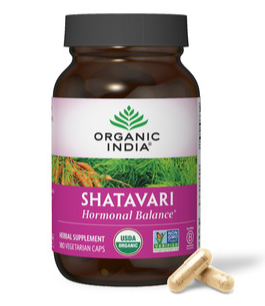
Experience balanced hormones throughout all cycles and stages of life with Shatavari, aiding in hormonal harmony and overall well-being. This herbal supplement may help to manage PMS and menopause-related symptoms, from cramps to hot flashes and vaginal dryness, with the help of Shatavari’s natural properties.
Womaness Daily V Smoothe, $21.99
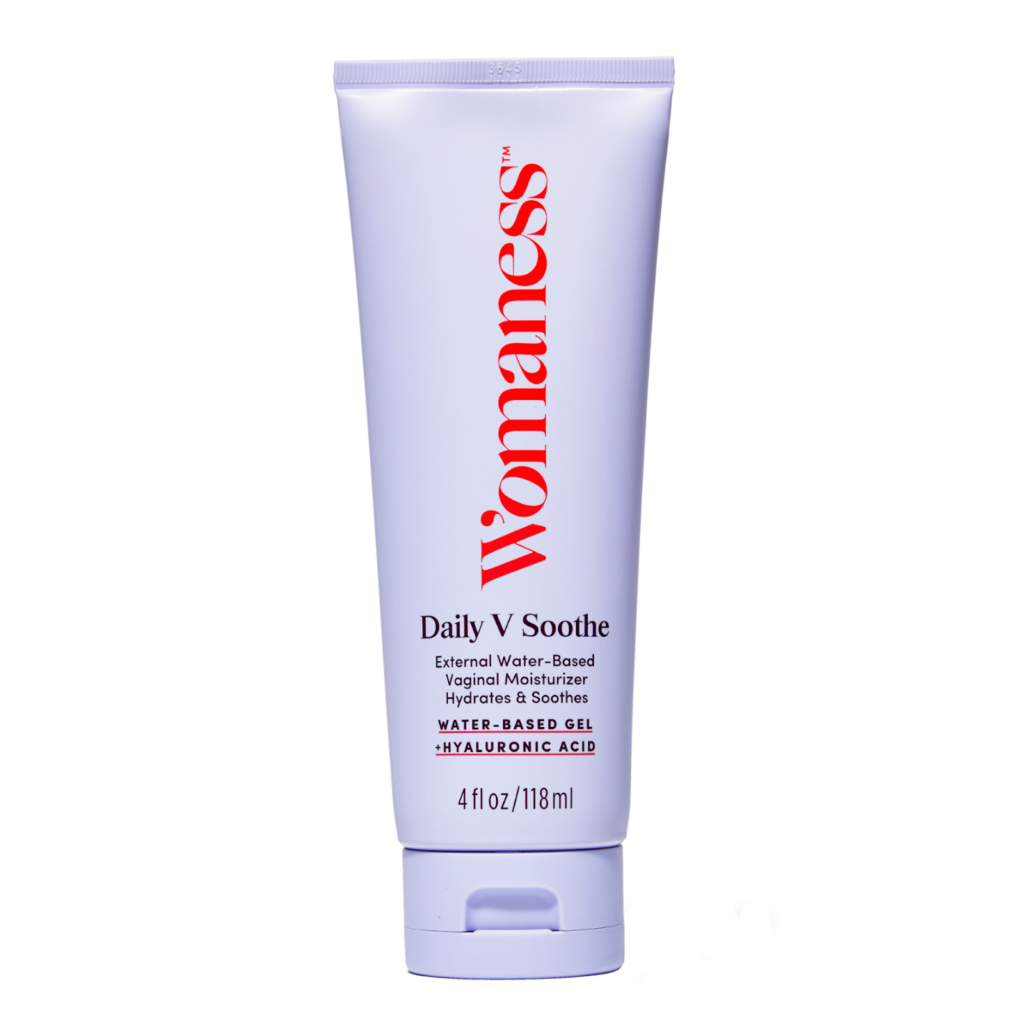
This water-based moisturizer is non-sticky and feels natural. We love that it’s gynecologist-tested, and it contains no silicone, soy, estrogen, phytoestrogen, or added hormones. Take on a very common issue—everyday vaginal dryness—and stay hydrated, soothed, and even prepped for intimacy with a daily vaginal moisturizer.
Conclusion
Maintaining vaginal health is about creating a balance between good hygiene, a healthy lifestyle, and safe sexual practices. By adopting natural strategies like consuming probiotics, staying hydrated, practicing safe sex, and managing stress, you can support your vaginal health and reduce the risk of common issues. Always listen to your body, and don’t hesitate to seek professional care when needed.
Read Next:
Understanding the Science Behind Vaginal Health

